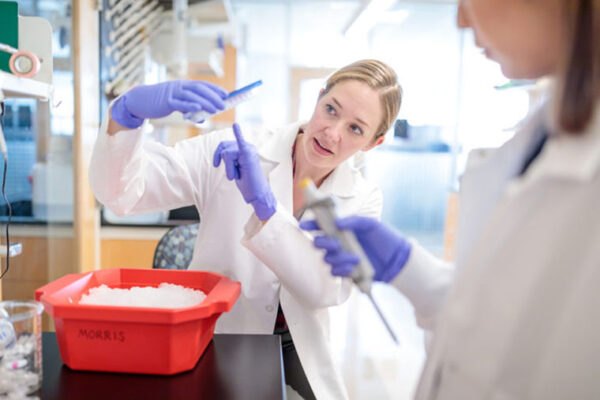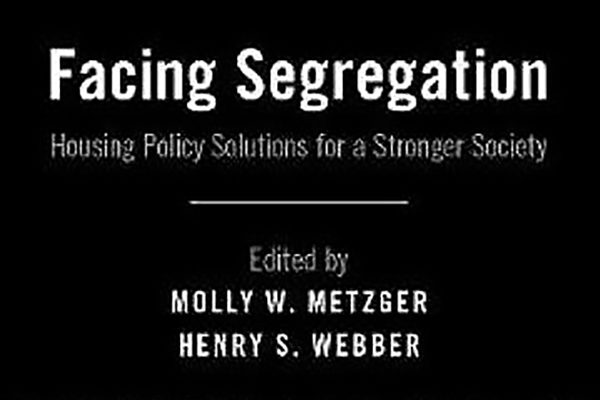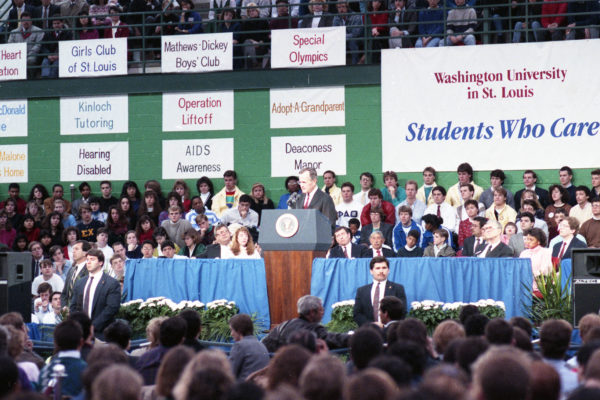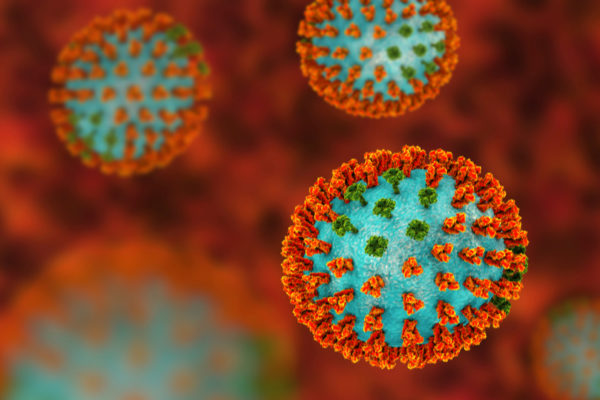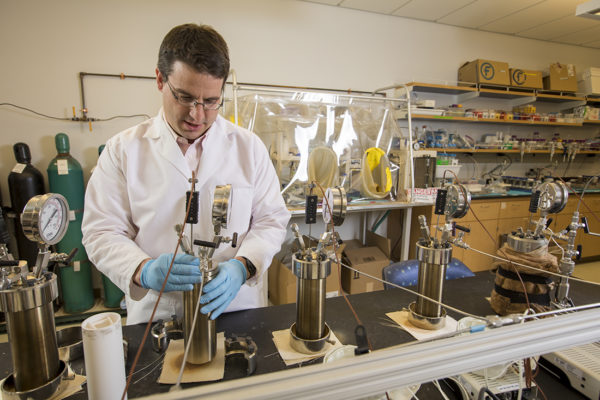WashU Expert: Wisconsin move to limit power of incoming governor signal of new norm
Bills passed by Republican-controlled legislatures in Wisconsin and two years ago in North Carolina to limit the power in incoming Democratic governors may be the new normal, says a constitutional law expert at Washington University in St. Louis.
Scientists design way to track steps of cells’ development
Scientists at Washington University School of Medicine in St. Louis have developed a new tool described as a “flight data recorder” for developing cells, illuminating the paths cells take as they progress from one type to another.
How the liberal arts prepared one grad for medicine
A self-professed science geek, Anand Chukka arrived at Washington University eager to prepare for a career in medicine. As a December degree candidate, he has accomplished just that. He majored in biochemistry in Arts & Sciences; conducted medical research in labs in St. Louis, Boston and San Francisco; and serves as co-president of GlobeMed. But he also majored in American culture studies, a decision that reaffirmed his passion for medicine and positions him to be a better doctor.
‘Facing Segregation’ focuses on housing policy solutions
Fifty years after the passage of the Fair Housing and Civil Rights Acts, a new book, “Facing Segregation: Housing Policy Solutions for a Stronger Society,” brings together influential scholars, practitioners and policy analysts to reflect on how to use public policy to reduce segregation.
‘Gracious, engaged and inspirational’: Remembering George H.W. Bush
As the country pays homage to the memory of President George H.W. Bush, Washington University in St. Louis recalls three memorable visits: when he delivered a “Thousand Points of Light” speech on the Danforth Campus in 1989; when he returned for the first presidential debate in 1992; and when he gave the keynote address at the university’s Founders Day in 1999.
Flu’s clues: A new approach to studying influenza
A new paper co-authored by the School of Engineering & Applied Science’s Michael Vahey on a new way to study influenza gives researchers insights into how this virus remains so successful in humans — and ultimately how to fight it.
Plant’s recycling system important in sickness and in health
Autophagy has a remarkable influence on a plant’s metabolism even under healthy growing conditions, according to new research led by Richard Vierstra in Arts & Sciences.
Rates of chronic kidney disease, deaths outpace other diseases
An abundance of high-sugar, high-salt foods in many American diets and obesity-related health problems such as diabetes are likely driving an increase in kidney disease cases, including in young adults, according to School of Medicine researchers.
WashU Experts on the Climate Assessment
Washington University in St. Louis experts from all corners of academia long have been studying climate change in the context of their own fields. Here is a sampling of their perspectives on the National Climate Assessment released Nov. 23.
WashU Expert: Climate Assessment makes clear the cost of inaction
The many scientists behind the National Climate Assessment, released the day after Thanksgiving, have provided something of a price tag, says a Washington University in St. Louis expert on mitigation and sequestration.
View More Stories

